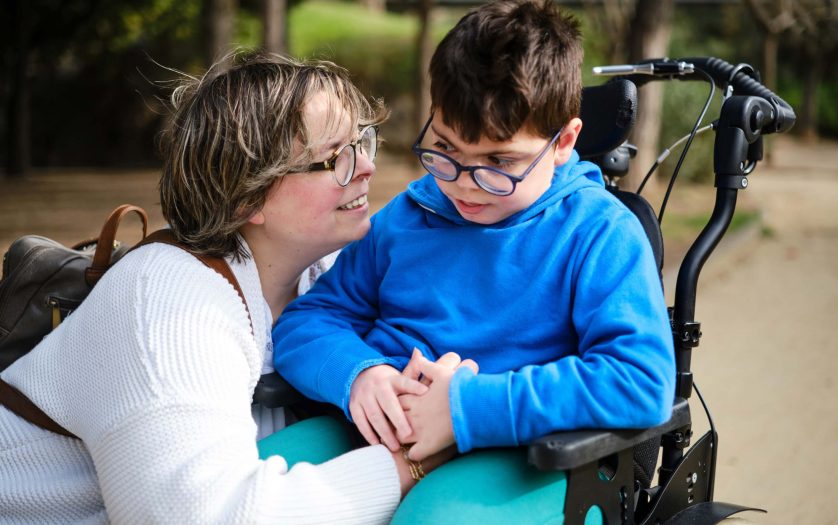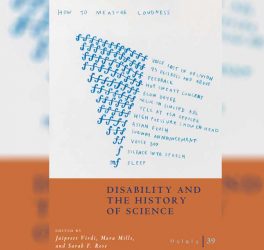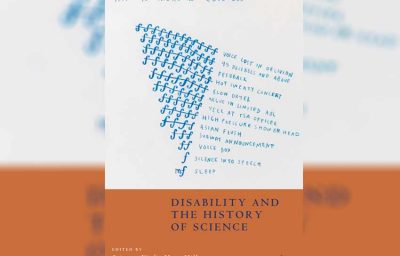
A $6.9m grant will allow an ACU-led consortium to deliver a program that will empower, support and connect caregivers raising children with developmental concerns or disabilities.
The Department of Social Services announced the funding on Friday for Enabling Visions and Growing Expectations (ENVISAGE) to provide the program that was co-designed by parents, service providers and researchers in Australia and Canada, and includes a dedicated co-designed First Peoples program. ENVISAGE can be delivered online or in person.
The consortium – which includes the University of Melbourne and McMaster University in Canada, and research, health and community partners – has conducted research both in Australia and internationally which shows that ENVISAGE-Families empowered parent/caregivers to take strengths-based approaches to their situation, especially when applied early in the child’s life. It increased parent/caregivers’ confidence in parenting children with a disability and provided them with tools to support connection, collaboration, and wellbeing.
Support for families has been very limited to date and this insightful funding opportunity identified a huge need for families and gap in services.
Associate Professor Laura Miller (ACU) and Professor Christine Imms (UoM) occupational therapists who specialise in supporting the families of children with disabilities or developmental concerns, will lead the consortium charged with delivering the project over a period of three years.
Associate Professor Miller said the opportunity to embed the evidence-based program across Australia to support families raising children with a developmental concern or disability was invaluable, and could not be achieved without significant collaboration with members of the consortium.
“We would like to acknowledge our partners in Australia and Canada, including parents, researchers, clinicians, and service provider organisations that have contributed to the development and research of the entire ENVISAGE program. Whilst this is an Australian grant for delivery in Australia, our key partner CanChild will continue to be involved in supporting the implementation and evaluation of ENVISAGE.
“We are also very grateful to the Consortium members and our subcontractors who supported the grant and committed to working with us in the delivery of ENVISAGE across Australia. To have an opportunity to provide this service and support to families across Australia is extraordinary and we greatly value everyone’s contribution to this important work.”
The ENVISAGE grant was one of two projects Minister for Social Services Amanda Rishworth announced on Friday, saying that the Government was committed to a better future for Australians with disability or developmental concerns.
The biggest area of brain development occurs in the first five years of a child’s life.
“All people living with disability deserve the best possible supports – including children,” she said.








